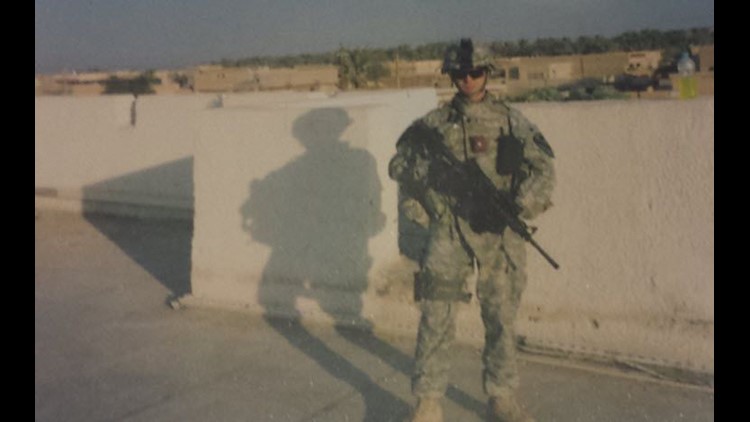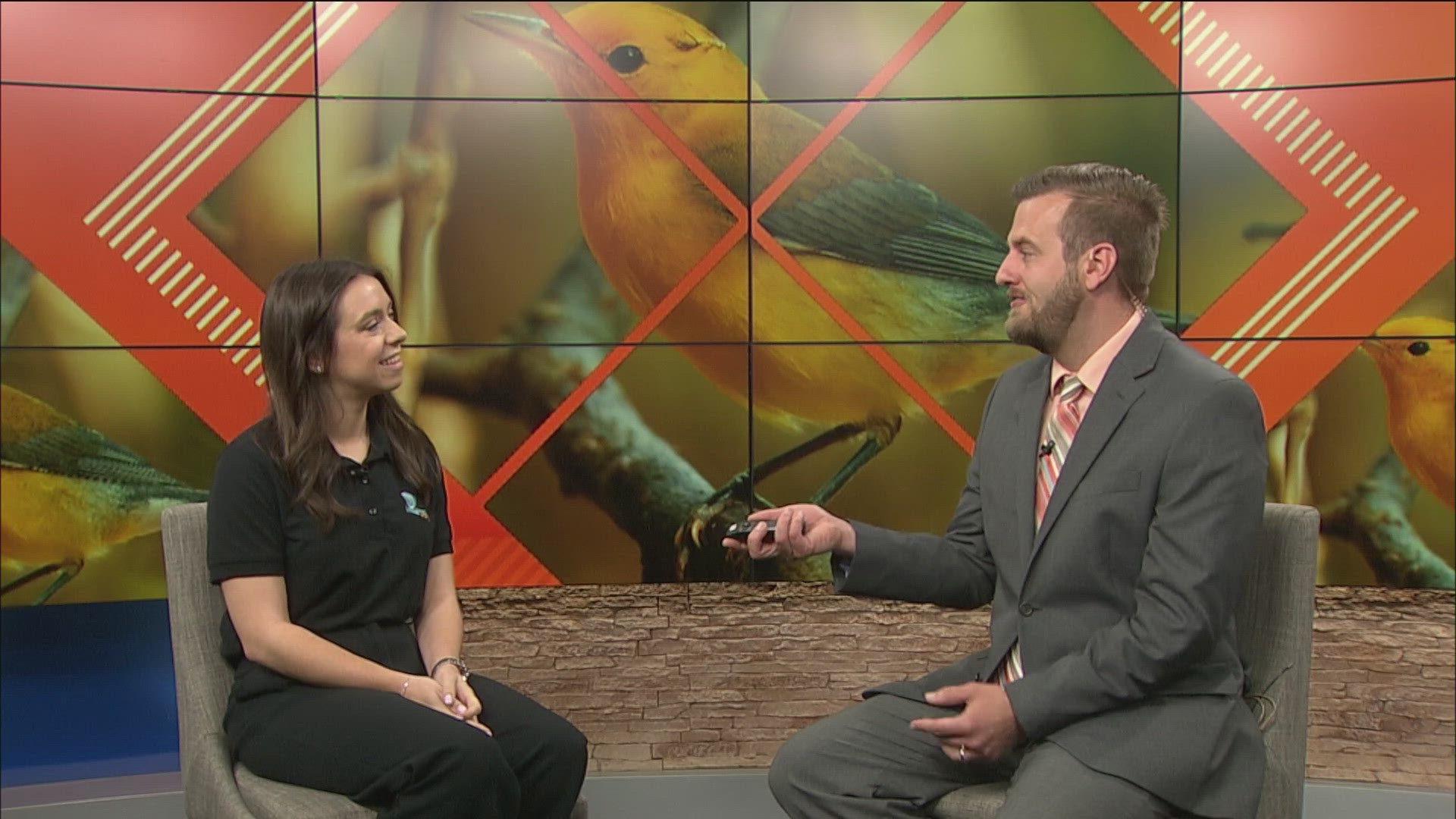TOLEDO, OH (WTOL) - We are seeing a significant number of men and women coming back from overseas with Post Traumatic Stress Disorder.
It's an invisible injury that is not just limited to members of the armed forces.
But two million vets have served in Iraq and Afghanistan, and one out of five has PTSD.
"I served for four years," Donald "DJ" McGranahan II said. "Two tours in Iraq."
McGranahan spent those two tours near Fallujah and Baghdad—places most of us will only ever see in pictures.
"Coming back to reality [is] sort of overwhelming," McGranahan said.
McGranahan is a Toledo native and 2001 Whitmer grad.
"It's hard to remember who you were before the army," McGranahan said.
During his first tour in the Sunni Triangle in 2004 and 2005, McGranahan was shot by a sniper. The body armor he was wearing ripped his back open.
And it was during his second tour in Iraq in 2006 and 2007 when he says he was first diagnosed with PTSD.
"Having that constant 'fight or flight' every single day for a year, it rewires your brain," McGranahan explained. "Unfortunately there's no way to fix that. I am who I am, and I'm going to be who I am for the rest of my life."
PTSD digs its claws so deep that most people suffering from it can't even find comfort in their dreams.
With his back wound and the insomnia, McGranahan says he is lucky to get three or four hours of sleep every night.
"It's like one thing fuels the other," McGranahan said. "The insomnia fuels the irritability, which fuels the anger, which fuels the fight or flight, which fuels the being a recluse. You know what I mean? And it's hard. "
There is a body of research that shows a strong link between a high level of combat stress and PTSD.
Medication can help, but McGranahan says the decision to take those creates another "fight or flight" decision.
"Me, personally, and I can speak for a lot of my veteran friends, we don't like to be drugged up," McGranahan told us. "I don't want to be a zombie."
PTSD can not only take away your feeling of self and the chance to dream, but can also challenge the support system of loved ones, at a time when it is needed more than ever.
"I was trying to remember who I was before the Army and try to be that person again," McGranahan said. "But when you come back, your family is like, 'Why are you so angry? Why are you so reclusive? Why are you so, you know, just don't want to do anything?'"
Pam Hayes, a Traumatic Brain Injury (TBI) survivor started a non-profit in 2009 called the Arms Forces. The program helps Veterans with invisible injuries like TBI and PTSD.
"I think in general people are concerned about brain injury, and any type of mental health issue or disorder like PTSD, that we don't have a good conversation in our whole entire country about that," Hayes said. "So there's a stigma attached to it."
Hayes says there should be more heart instead of money thrown at the problem.
And while every veteran with PTSD has their own unique circumstances and symptoms, it's about starting the conversation.
"Don't be so concerned that your language isn't perfect or that you don't know how to talk to a veteran," Hayes advised.
And McGranahan says, people shouldn't judge veterans on the things they did and saw unless he or she was here.
"And that's the most stressful situation a human being can be in," said McGranahan. "It's life or death, and it's going to change you. And we are who we are."
If you or someone you love is struggling with PTSD, visit HelpGuide.org for more information.



